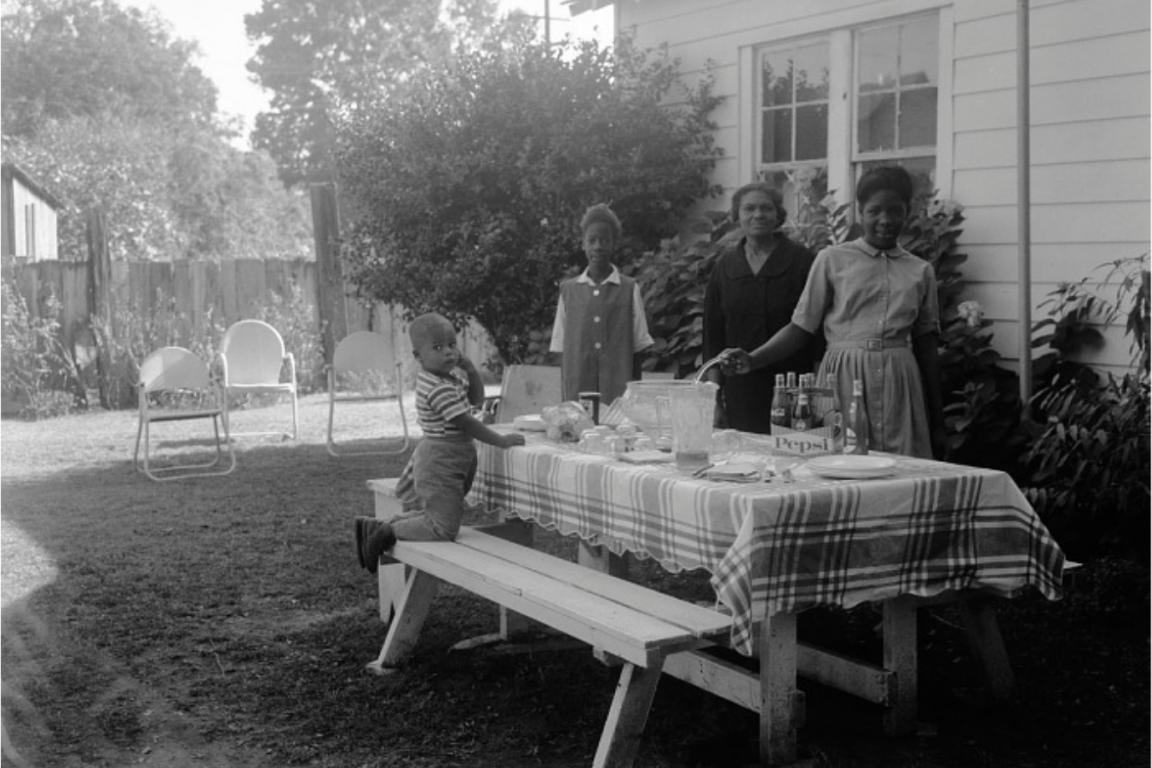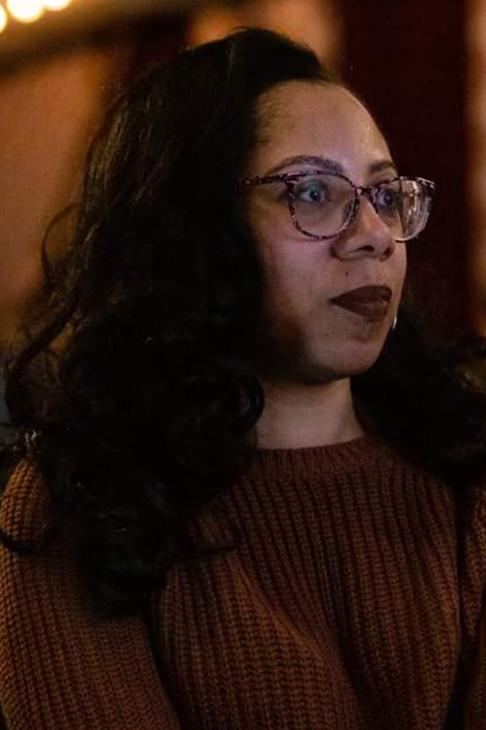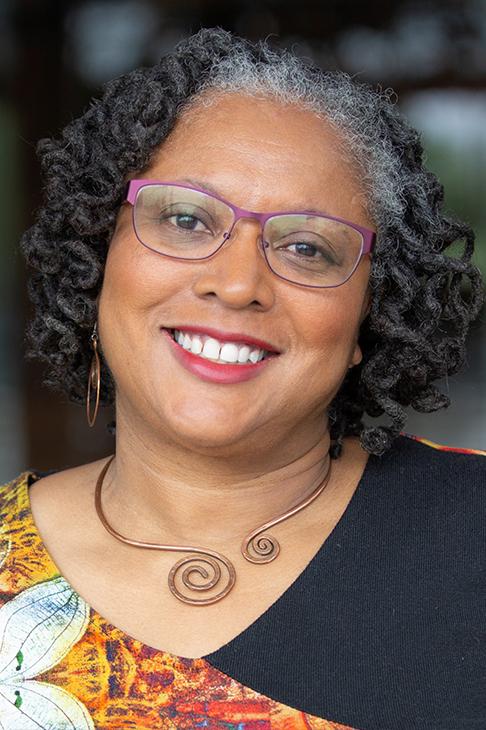What is Juneteenth?

Frederick Douglass once famously asked, “What to a slave is the Fourth of July?” To honor the anniversary of the freedom granted to those enslaved African Americans, we’ve pondered a similar question, “What is the significance of Juneteenth to the Black community?” In this three-part series we interviewed three experts at the National Museum of African American History and Culture (NMAAHC) to find the answer: Mary Elliot, Curator of American slavery, and emancipation; Angela Tate, Museum Curator of African American women's history; and Kelly E. Navies, Museum Specialist of Oral history.
To kick off our discussion we asked each curator to answer the question: What is Juneteenth?
Mary Elliott, Curator of American Slavery
Juneteenth is a significant date in American history and the African American experience. The name is a play on the date of June 19th, 1865. On that day, the Union Army made its way into Galveston, TX under the leadership of General Gordon Granger, and he announced to the people of Texas that all enslaved African Americans were free.
Even though we know that the Emancipation Proclamation freed African Americans in rebelling states (Texas being one of them, from as early as it when the Proclamation went into effect on January 1st, 1863) and we know that the Civil War had ended in April of 1865, it took a while for freedom to make its way to the western most rebelling state. Although there were enslavers who were aware of the implementation of the Emancipation Proclamation, it wasn’t until June 19th, 1865 that it was actually enforced with the Union Army. June 19th freed enslaved people in the rebelling states, it did not free enslaved people throughout the nation.
Keep in mind, there were still border states which were still part of the Union. They had not seceded from the Union, and they still maintained slavery. Maryland, for example, was one of them. It took the creation of the Emancipation Proclamation, the end of the Civil War, and the passage of the 13th Amendment to finally end slavery throughout the nation. The Reconstruction Amendments are significant as they came into being after the end of the Civil War. They include the 13th Amendment that ended slavery; the 14th Amendment provides citizenship, due process and equal protection; and the 15th Amendment provides the opportunity to vote and hold office.
Angela Tate, Curator of African American Women's History
Juneteenth does have its roots in that specific moment, but I also see similarities to emancipation celebrations across the African diaspora and across the nation.
From this post-Civil War period--and well into the early 20th century--there were several commemorative events around emancipation, not just in Texas. Other states have emancipation days, such as Mississippi on May 8th, Florida on May 20th, Washington D.C. on April 16th, Kentucky on August 8th, and Maryland on November 1st. The Emancipation Proclamation Exposition in October 1913, was created by W.E.B. Du Bois and the National Association for the Advancement of Colored People (NAACP) to serve the purpose of racial uplift and to celebrate Black progress over the fifty years between 1863 and 1913. It involved not just traditional entertainment, but also speeches, pageants, and poetry recitations, as well as discussions about contemporary events and lynching. There has always been an impulse amongst African Americans to commemorate freedom and to think of themselves as connected to diasporic celebrations of freedom, such as the Emancipation days in Martinique Jamaica, Barbados, and the Bahamas, and other nations in the Caribbean.
When I think about Juneteenth, I think less about it being a specifically American, but how it connects African American thoughts about freedom and emancipation to the same notions across the African diaspora. There is this impulse towards commemorating, celebrating, and remembering freedom. African Americans have always used these moments of memory to think about where the community has come from and what we’re pursuing and striving towards, as well as taking the time to pass down history and culture.
Juneteenth is a time to reflect. What does it mean to really celebrate our freedom? What does it mean to be free in moments where freedom is conditional, and freedom is always a challenge? Juneteenth is a moment to think about freedom being conditional freedom and it is something that we must continuously strive and fight for.
Kelly E. Navies, Museum Specialist of Oral History
I like to think of Juneteenth as a celebration of freedom, of family, and of joy that emerged from this cauldron of the war. After hundreds of years of enslavement, and the intense post-Civil War era, all of these emotions and feelings had built up to a particular point. Then, General Granger arrives with his troops (some of whom were members of the United States Colored troops) to announce that they will enforce the Emancipation Proclamation.
We know this wasn’t news to these enslaved people. There were channels through which they had heard about the Emancipation Proclamation, but there was nothing that they could do without the Union troops to enforce it. So, now they're able to enjoy this moment and recognize what they've come through. It was such a difficult time, but there was a refusal to be held down by the past and a determination to move forward.
Even though they were confronted with the challenges of racism and oppression from the very moment that freedom was announced, they still decided, ‘we need to buy land, because we need a space to celebrate this freedom.’ As soon as that very following year you see the emergence of Emancipation parks all throughout the country. It starts in Houston, but you find them in different cities throughout the country. We chose this moment to savor, to see where we've come from, to chart where we were going to go, and to relish the strength of our families and communities.
Juneteenth has evolved over the years to mirror shifts in our struggle. Sometimes it wanes, but it reemerges. After World War II, we have this new sense of pride and the Great Migration started to carry Juneteenth throughout the United States. You see it come up again during the Civil Rights movement of the late 60s and into Solidarity Day at the Poor People's Campaign here in Washington D.C. in 1968.
Fifty years ago, and from that moment, Solidarity Day (on June 19th, 1968), you saw activists bring it back to their communities where it developed a whole new grassroots identity. That's around the time that my family started celebrating it. Even though my family and I didn’t have ties to Texas, my activist father brought it with us from Detroit to California. We don't celebrate July 4th, we celebrate Juneteenth.
At its very core, Juneteenth is this affirmation that we are here, and we will continue to be here. We will continue to struggle in the face of many challenges.
Conclusion
Our museum experts will continue their conversation in the second post of this three-part series, which will explore the identities of the people who celebrate the holiday as well as the cultural and historical significance they place upon the date. If you are interested in learning more about the holiday and how you can bring Juneteenth celebrations into your own home and community, please visit our Juneteenth portal.







